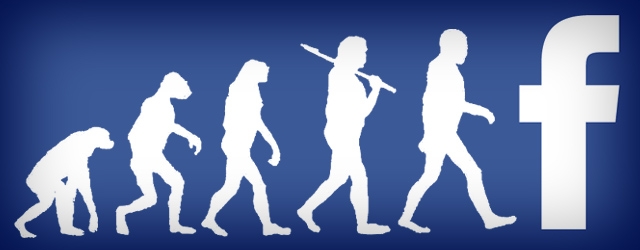
Facebook has been in the news a bit lately. As usual, the media seems caught up in a controversy that is, for better or worse, mostly settled. Young people do not care about Internet privacy very much, whatever their parents might hope. Yet while the older generation wonders whether Facebook’s repeated intrusions will ever have consequences, the younger generation is already beginning to treat Facebook differently. This isn’t because Facebook threatens our college or job applications. It’s because Facebook is boring.
I remember when Facebook was the place to be. It was before Snapchat made communication more intimate and immediate. It was before Twitter made information and humor more accessible and more quickly digestible. Of course, Facebook was never really the best at anything. It wasn’t the best place for photos; Flickr and Picasa were always better for that. It wasn’t the best for chatting. AOL, BBM, and now iMessage are all superior ways to instantly share emojis. If you want to send something more formal, email still rules. Where Facebook shone (and still does) was in how it integrated all of the things we liked to do under a single platform, on which your profile provides infinite opportunity for self-branding and refinement. Rather than having to glean information about a long-lost cousin or a crush from disparate networks, Facebook lays it all out in one place. Once your friend request has been accepted, you’re in.
Facebook remains the best place for stalking, in large part because it’s so popular. Yet what everyone under the age of twenty-five realizes is that Facebook has become entirely corporate. Littered with ads that are too targeted for comfort, its intimacy is anything but attractive. Facebook is no longer the place to hang out online with your friends. It is the place to tell everyone you’ve ever met to sign a petition or like your employer’s page, but it isn’t where we look to meaningfully connect with anybody. To older generations, the idea of meaningfully connecting online is ridiculous. Not to younger generations, who seek a digital social experience with actual depth.
At lunch recently, a friend explained that her best friend was in London and then proceeded to take a quick selfie, caption it “miss you” and send it over Snapchat—the digital equivalent of a postcard delivered in a matter of seconds. It would be deleted immediately after viewing, of course, but that’s the appeal. The intimacy—dare I say love—was going to disappear after a few seconds anyway. Often with Snapchat, it really is the thought that counts. The visual brings the sentiment to life.
Facebook brings nothing to life. It is a collection of pale imitations of our lives. The younger generation is remarkably willing to have its intimate moments reduced to data points. But we still yearn, just as much as our parents, for more passionate communication. Despite all of its social causes and political status updates, Facebook has no passion. And without passion, it’s hard to have any fun.